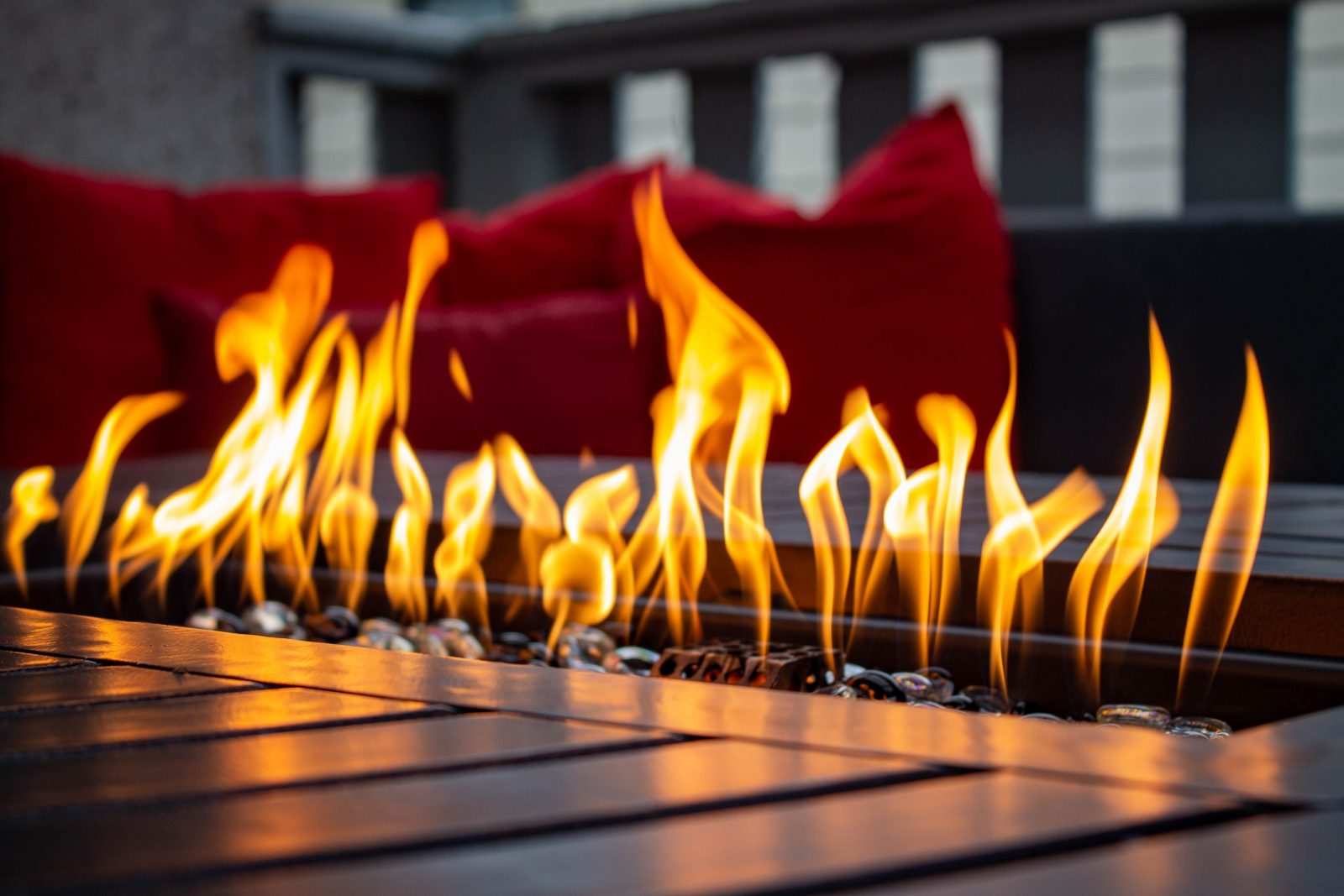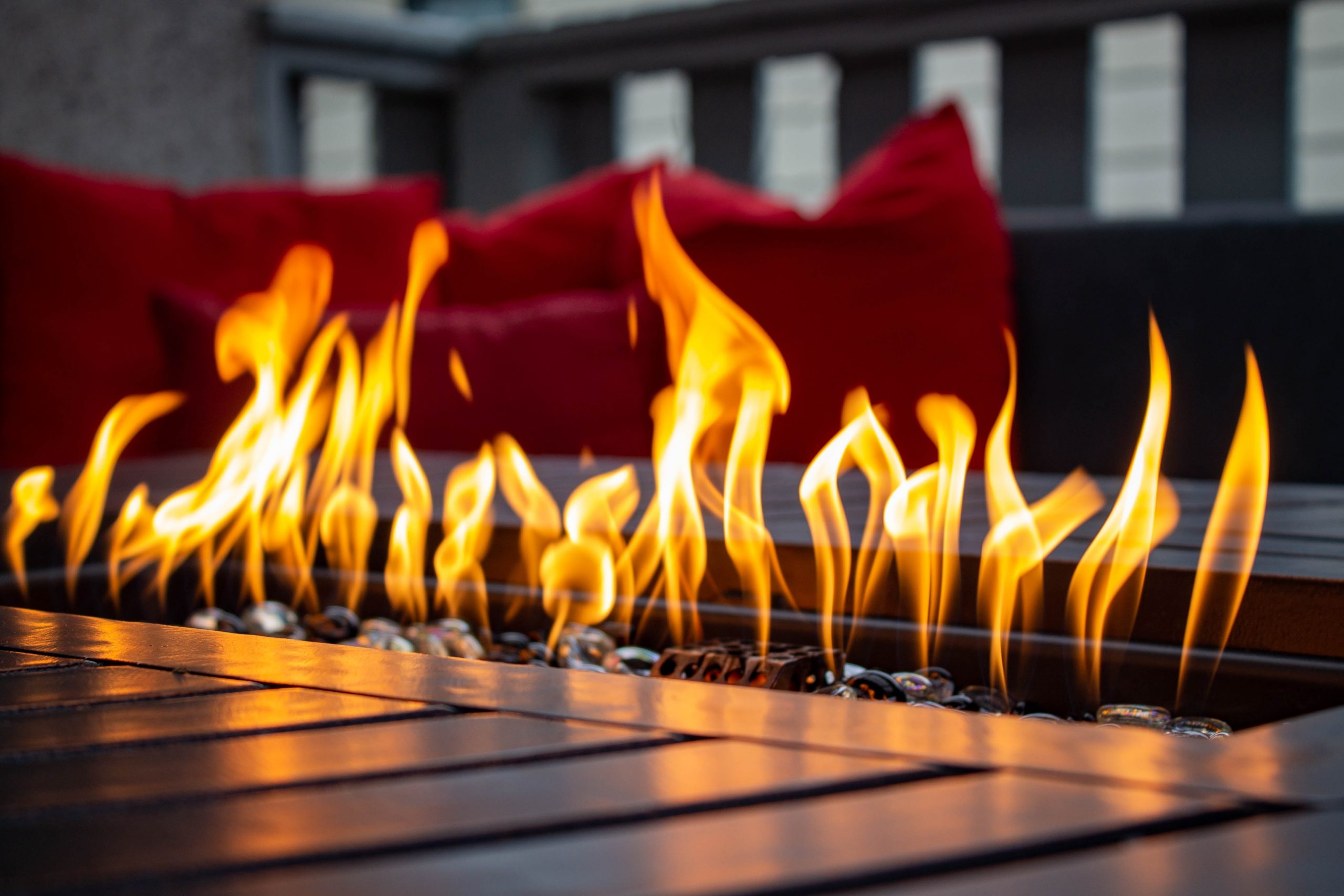The Misguided Push to Eliminate Natural Gas from California’s Backyards


Legislative moves to prohibit natural gas from backyards in California is badly misguided, argues Scott Cohen. While reducing carbon emissions is a valid objective, he says, trying to do so by eliminating natural gas-driven amenities does little to help the environment while stabbing at the heart of the state’s renown outdoor lifestyle.
By Scott Cohen
California is famous for its vibrant, year-round outdoor lifestyle, where residents take full advantage of their backyards for recreation and relaxation. The essence of this lifestyle is deeply intertwined with recreational amenities elements such as swimming pools, hot tubs, BBQs, firepits, fire bowls, and gas patio heaters, all of which rely on natural gas.
However, recent legislation aimed at removing natural gas from residential services threatens to disrupt this cherished aspect of California alfresco style living. While the intention behind this policy is to reduce carbon emissions, I argue that the backyard is not the appropriate starting point for such measures.
The primary motivation for eliminating natural gas from residential settings is to combat climate change by reducing carbon emissions. This is undoubtedly a noble cause. I argue that focusing on backyard amenities is, however, unlikely to yield significant environmental benefits, particularly when considering the broader context of California’s carbon emissions.
A substantial portion of the state’s carbon footprint is attributable to wildfires, which have become increasingly frequent and devastating. Data from the California Air Resources Board (CARB) underscores the impact of wildfires on carbon emissions. For instance, the 2020 wildfire season alone released approximately 112 million metric tons of CO2 into the atmosphere, effectively negating years of efforts to reduce emissions through various environmental regulations.
In contrast, the cumulative emissions from residential natural gas usage are relatively modest. According to the U.S. Energy Information Administration (EIA), residential natural gas consumption accounts for a small fraction of the state’s total emissions.
The stark reality is that all the progress made in reducing carbon emissions from residential gas use over the past decade can be erased by a single wildfire season. This raises an important question: Why is the legislative focus on backyard amenities when the primary culprits of carbon pollution lie elsewhere?
A more effective approach would be to concentrate efforts on wildfire prevention and management. Enhancing forest management practices, investing in early detection systems, and improving firefighting resources are crucial steps that can mitigate the frequency and intensity of wildfires. Such measures would not only preserve the state’s natural beauty but also make a more significant dent in California’s carbon emissions, and we could continue to enjoy entertaining in our backyards all year long.
The elimination of natural gas from residential outdoor settings poses several practical challenges. Electric alternatives for pool heaters, BBQs, and patio heaters are often less efficient and more expensive. This could lead to increased energy costs for homeowners and potentially push some residents to revert to less environmentally friendly practices, such as using charcoal for BBQs, which emits more carbon than natural gas.
I agree that the goal of reducing carbon emissions is commendable, but targeting California’s backyards is a misguided strategy. The data clearly shows that wildfires are the most significant contributors to carbon pollution in the state. Therefore, the government should prioritize wildfire prevention and control to achieve meaningful environmental progress.
By preserving our outdoor lifestyle and focusing on the true sources of carbon emissions, we can strike a balance between environmental stewardship and maintaining the unique quality of life that defines life in California.
Scott Cohen is a nationally respected expert witness in pool-construction defect cases. He currently serves as the chairman of the California Pool and Spa Association. Cohen is a “garden artisan” and president of Green Scene Landscaping & Pools, a watershape design and construction firm based in Chatsworth, CA. A widely published author and popular speaker, Cohen is known for his gardens that combine outdoor living with inspired artistic details.
References:
California Air Resources Board. (2020). *Emissions from Wildfires*. Retrieved from [CARB website](https://ww2.arb.ca.gov/).
U.S. Environmental Protection Agency. (2021). *Wildfire Emissions*. Retrieved from [EPA website](https://www.epa.gov/).
U.S. Energy Information Administration. (2021). *Natural Gas Consumption by End Use*. Retrieved from [EIA website](https://www.eia.gov/).
Photo by IJM Photos | Shutterstock









